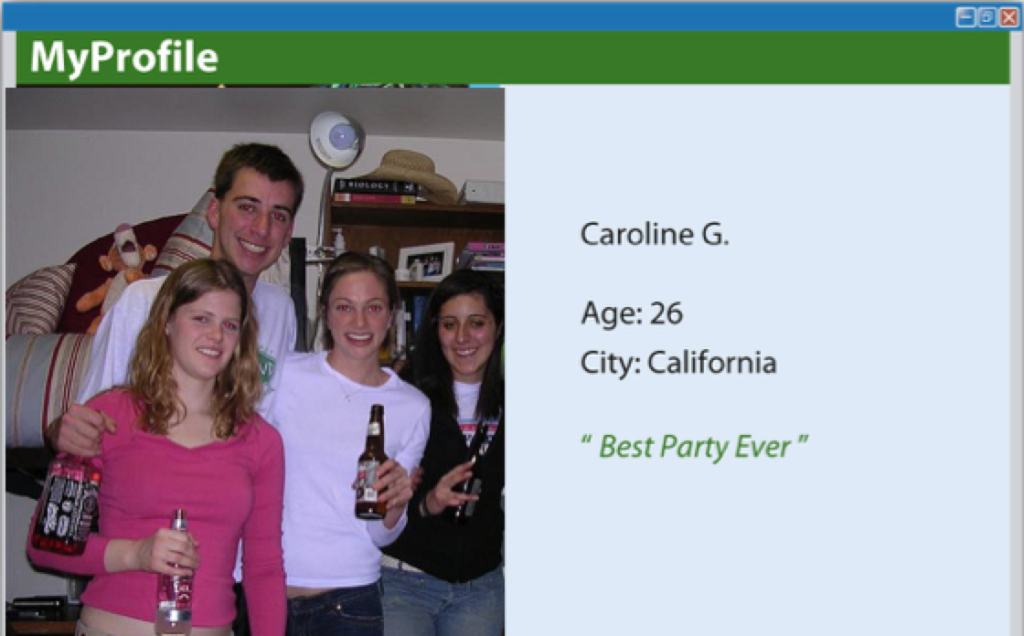11.1 The Internet and Social Media

Applying for a job used to be relatively simple: send in a résumé, write a cover letter, and call a few references to ensure they would say positive things about you. However, a new integral step has entered the application process—hiding (or at least cleaning up) the applicants’ virtual selves. This could entail “Googling”—shorthand for searching on Google—their name to see the search results. If the first thing they see links to their Instagram feed with photos from last night’s Olympian-themed cocktail party, this person has the power to take control and make that album private, ensuring that only friends can view it. This control over your online persona is empowering and can significantly impact your job search.
The ubiquity of Web 2.0 social media like Facebook and X (formerly Twitter) allows anyone to easily start developing an online persona from as early as birth (depending on the openness of one’s parents). However, this online persona, even if it doesn’t accurately reflect the individual, can form a stranger’s first impression. Those online photos may not look bad to friends and family, but a hiring manager’s first impression of a prospective employee originates from the applicant’s online persona. Someone in charge of hiring could search the Internet for information on potential new hires even before calling references. The possible consequences of a negative online presence are significant, making it crucial to manage your digital footprint effectively.
Keep first impressions in mind when adopting a professional online persona. Think of an online persona as the first words to a brand-new acquaintance. Instead of showing a stranger pictures from a recent party, present them with a well-written blog post or a professional-looking website. The importance of a professional online persona cannot be overstated, as it can significantly influence a hiring manager’s perception of you. This emphasis on professionalism should guide your online presence and help you present yourself in the best light.
The content on social networking sites, such as Facebook, where people use the Internet to meet new people and maintain old friendships, does not disappear easily and may not belong to the user. In 2008, as Facebook quickly gained momentum, The New York Times ran an article, “How Sticky Is Membership on Facebook? Just Try Breaking Free”—a title that seems at once like a warning and a big-brother taunt. The website does allow the option of deactivating one’s account, but “Facebook servers keep copies of the information in those accounts indefinitely (Aspan, 2008).” On the one hand, users who become disillusioned and quit Facebook can return at any time and resume their activity; on the other hand, Facebook never deletes that information. If a social media profile compromises a potential employment opportunity, clearing the slate remains a possibility, albeit with considerable effort. The user must delete, item by item, every individual wall post, every group membership, every photo, and everything else a professional may find objectionable.
Not all social networks operate like this—MySpace and Friendster still require users who want to delete their accounts to confirm this several times, but they offer a clear-cut “delete” option—but the sticky nature of Facebook information is nothing new (Aspan, 2008). Google even keeps a cache of deleted web pages, and the Internet Archive keeps decades-old historical records. This transition from ephemeral media—TV and radio, which are practically over the moment they are broadcast—to the enduring permanence of the Internet may seem strange. Still, in some ways, it is inherent to the system’s very structure. Understanding how computer scientists conceived the Internet may help elucidate how the Internet functions today, from the difficulties of deleting an online persona to the speedy and near-universal access to the world’s information.

